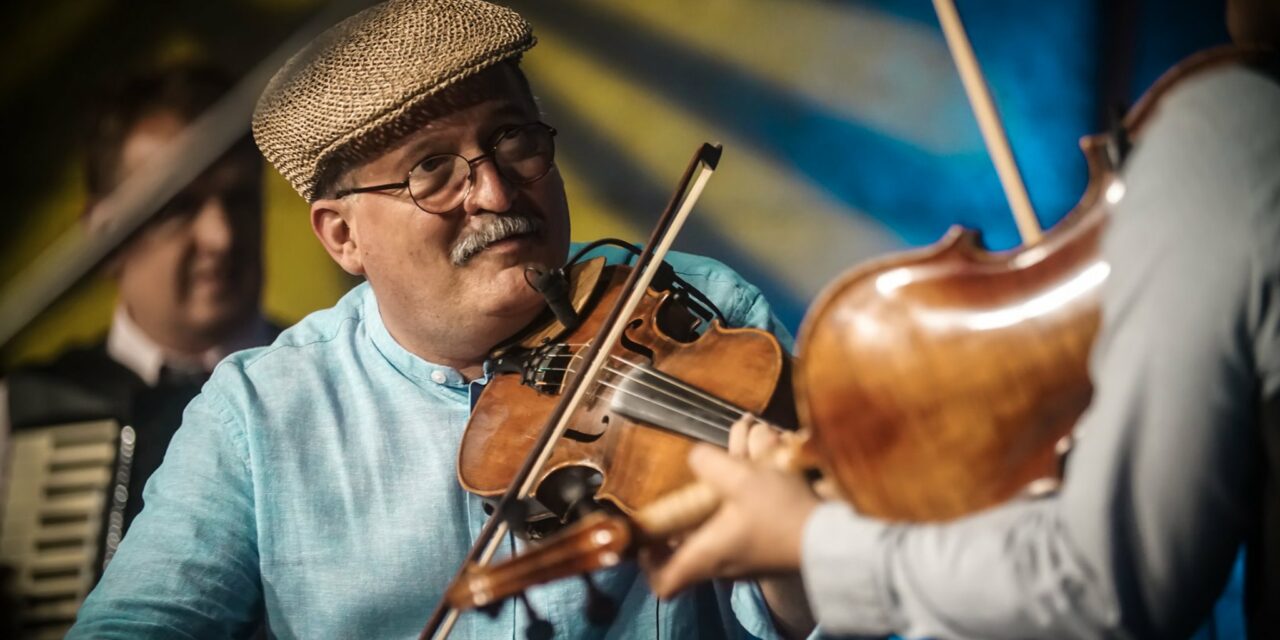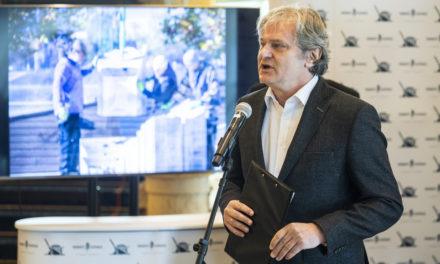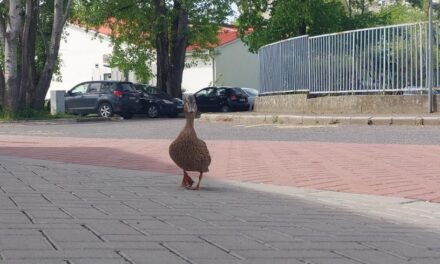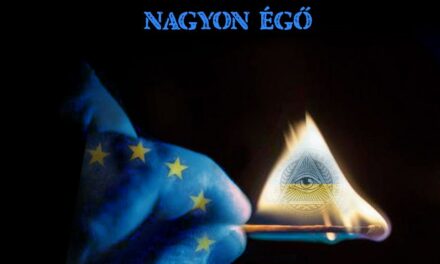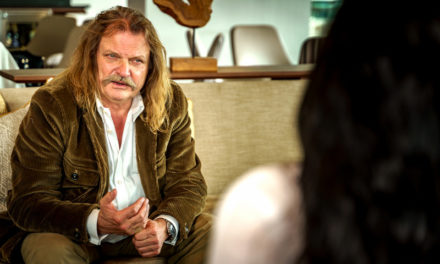János Csík cheerfully talks about music, traditions, life, vulnerability, values and the great new beginning. Great interview.
I feel that you have a strong connection to folk culture and Hungarian traditions. Such people are usually already infected with this culture in their childhood, which means that this attachment usually has a concrete starting point.
Actually, it was my father who insisted that I go to music school. It was a strange story because every kid in town wanted to play the guitar. There weren't as many guitar teachers in Kecskemét as there was interest in the instrument. For this reason, I then chose the violin. This was a serious motivation for me to encounter music at all. As a child, I also noticed that they always sing at family pig roasts and celebrations - in this form, I encountered not only folk songs, but also sheet music and opera.
I can imagine that the relatives even danced during it.
I got closer to folk dance when I went to a children's dance group as a senior in elementary school. This was important in many ways - friends were there, and pretty girls too... You learned a lot there. In addition to the fact that I first encountered folk music and folk dance on a professional level there, a kind of pleasant set of rules also developed. You had to be at the rehearsals on time, you had to do things well, you had to be disciplined, you had to follow the regulations. Just like in sports.
It is very important for a person to learn a kind of order for life.
I learned such important things about folk music and folk dance that I could not have learned at school at that time. I am mostly thinking of getting to know the ethnographic areas. I also learned a lot about the size of the Hungarian-speaking area, Transylvania, the Highlands, and the Southern Region. We learned historical facts and information in the dance group that we would not have received at school.
He was in high school when he founded his first band, Garabó. At this age, young people really like to have fun, and starting a band is very cool.
This was also started by folk dancing, because there weren't many "regular" dance hall bands at that time. At the same time, I danced in the Kecskemét Dance Group. There were classical musicians who willingly started to accompany the dance group, but the rehearsals and dance halls often used vinyl records.
This then started thinking that something should be done, all the more so because the summer folk music camps had also started. I am talking about the eighties and nineties, when good changes began in folk music education.
We participated in summer camps and professional meetings, there were already private teachers, or we just went to Transylvania for Easter, Szék. A lot of information and experiences came together, which helped to make folk music more and more important to me. Of course, when you're in high school, you have the youthful fervor, and my dancing classmates and I formed a band - only we didn't choose rock music, but folk music - that was the important thing. Of course, that's why we didn't turn down the opportunity to perform at the school ball either, and we were even invited to a children's day. We knew three jumping tunes, but we enthusiastically went to play music. Well, yes, the initial good experiences…
Does this mean that he was excluded from folk music? Could there be some pop, rock or other genres?
For me, folk music was always the most important thing, and the goal was to learn the real, unique skills of village musicians. Their creativity, their individuality, their uniqueness, and the kind of style they knew was amazing - it varied from region to region and even from village to village. This always fascinated me, and I wanted to learn it as best as possible and pass it on.
It wasn't an easy goal, and it still isn't today. In many cases, however, it succeeded. Of course, we started providing musical accompaniment for dance ensembles, creating dance halls, and visited a lot of festivals. We also watched other peoples, how they sing, how they have fun.
In the meantime, I was thinking: how good it is that life itself takes place in the dance halls. Many people fall in love there, or mourn their love, say hello, or say goodbye in pain - and all in Hungarian, with the repertoire of Hungarian folk songs. I thought about how to convey this feeling to as many people as possible. This was the motivation to turn to the current entertainment music world. It has to be decorated and spiced up with a bit of folk music that many people listen to.
While I was waiting for you, I had a little chat with the members of your band. I noticed that the work is carried out in a strict system, and you have everything under control.
Every community needs a governing or leadership role. I'm not talking about dictatorship here, but even in the family, things only work under a kind of control. Everyone should know what their role is. At Mezzo, as in a well-functioning family, mutual respect and love are the basis. I respect their knowledge, and they recognize my experience. To feel that they love this music and are happy to be together. It is also important for me to be able to work with people who accept me and what I say.
Could we formulate the poetics of ars?
Wow, that's a tough question. What are the guidelines and values? A reasonable, fair and honest approach to things was very important in the formation of my value system. Appreciate even the little that is good and preserve what is still valuable.
To live according to it and not to get stunted. That is why it is good if people are careful about what books they read, what music they listen to, and what foods they eat.
You have to respect the past, respect your parents and, in general, the nation you were born into and of which you can be a part. For me, respect and appreciation of values is a basic condition in every couple or community relationship.
Andrea Szomolai's full interview can be read on Ma7.sk!
Featured image: János Csík and Mezzo's Facebook page

